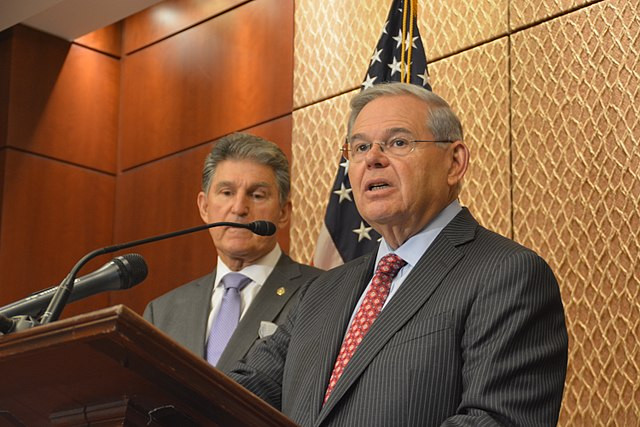Jose Uribe, a New Jersey businessman entangled in a high-profile corruption case involving Senator Bob Menendez, has entered a guilty plea on multiple charges, including conspiracy to commit bribery, tax evasion, and obstruction of justice. This development marks a significant turn in the case, which accuses Uribe, along with other businessmen, of engaging in a years-long bribery scheme with Menendez and his wife Nadine, aimed at securing favors and influencing U.S. foreign policy towards Egypt.
Uribe's admission of guilt in federal court in New York brings to light the intricate details of the alleged bribery scheme, which reportedly included gifting Senator Menendez's wife a $60,000 Mercedes-Benz among other lavish gifts. The case has cast a shadow over Menendez's political career, with the New Jersey senator facing mounting pressure to resign, despite his firm refusal and commitment to contest the charges.
The implications of Uribe's guilty plea extend beyond his own legal repercussions, potentially complicating Menendez's defense strategy, especially if Uribe cooperates with the government's investigation. The breadth of the case is underscored by the involvement of two other businessmen, Wael Hana and Fred Daibes, who, like Uribe, are accused of leveraging their relationship with Menendez to advance their interests and those of foreign governments, including Egypt.
Hana, a prominent hala meat importer, and Menendez are alleged to have conspired to benefit the Egyptian government, with Hana reportedly providing the senator and his wife with substantial gifts, including gold bars valued at $150,000. Daibes, on the other hand, is accused of seeking Menendez's intervention in a bank fraud case against him, further illustrating the multifaceted nature of the bribery allegations.
The discovery of gold bars and envelopes stuffed with cash during an FBI raid at the Menendez household adds a tangible element to the allegations, linking the seized items to the broader narrative of corruption and illicit exchanges. This detail, coupled with the historical context of Daibes' 2013 armed robbery, where similar gold bars were reported stolen, paints a complex picture of the interwoven relationships and transactions at the heart of the case.
As Uribe awaits sentencing, scheduled for June 14, and Menendez prepares for his trial in May, the political and legal ramifications of this case continue to unfold. The senator's steadfast denial of the charges, juxtaposed with the calls for his resignation from within his own party, underscores the divisive nature of the allegations and their potential impact on Menendez's political future.
This case, unprecedented in its allegations of a sitting member of Congress conspiring to act as a foreign agent, represents a pivotal moment in U.S. legal and political history. The outcome of the trials and the details that emerge will undoubtedly shape the discourse around political corruption, foreign influence, and the accountability of public officials.






